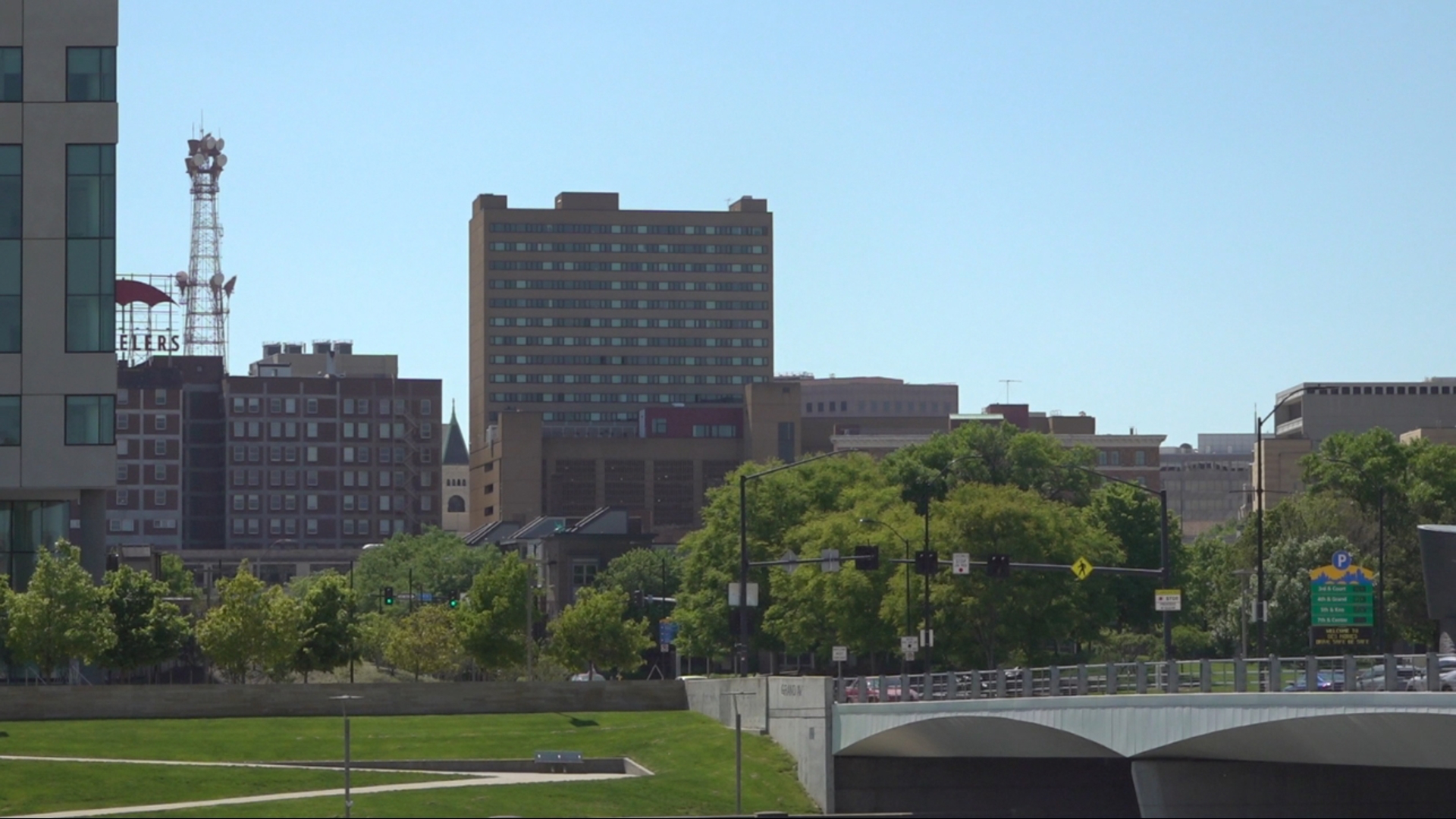DES MOINES, Iowa — Sewage, rotting and putrid — that's how some Des Moines residents described the smell of the city when filing odor complaints.
The Neighborhood Inspections Division is conducting an odor study surrounding "agriculture adjacent industries" that could be causing the stench.
"We took a big picture look at all of the facilities that may cause odors, and then we found the ones that are problematic and that we get complaints about," said Dalton Jacobus, Neighborhood Inspections division administrator.
Odor monitors were placed near facilities they suspected were causing the smell in southeast Des Moines, near the Chesterfield neighborhood.
"The City's new odor monitoring system uses multiple real-time data points to measure the levels of chemical compounds such as hydrogen sulfide, ammonia, and volatile organic compounds in the air," the city's website reads.
Through the monitors, city officials were able to narrow their list down to three main facilities causing the odors. After identifying the facilities, improvements have been made and complaints have lessened.
The study first collected data in November 2023 and recorded 49 odor complaints. Six months later, in April 2024, the city only received 7 odor complaints.
"I don't think they understood maybe what impact their operations had on odor until we could assign a number to it," Jacobus said.
Jacobus says they have had much more impactful conversations now that they have hard data, adding that "it's been eye opening to see what impact wind has on operations at the facilities."
Neighborhood Inspections plans to wait another six months and evaluate the summer months before making recommendations to City Council.
After collecting all the data, it will determine a threshold the odor can't pass, setting a limit in city code. The City Council will then be able to consider penalties or fines.
"We're gonna try to identify what is it, what measurement, what particle is it that's causing odor issues across the city," Jacobus said.
Inspectors stress this is not a public health study, it is simply a quality of life study.
Jacobus says a large portion of their data comes from resident complaints, so if you smell something, report it at dsm.city/odor.

